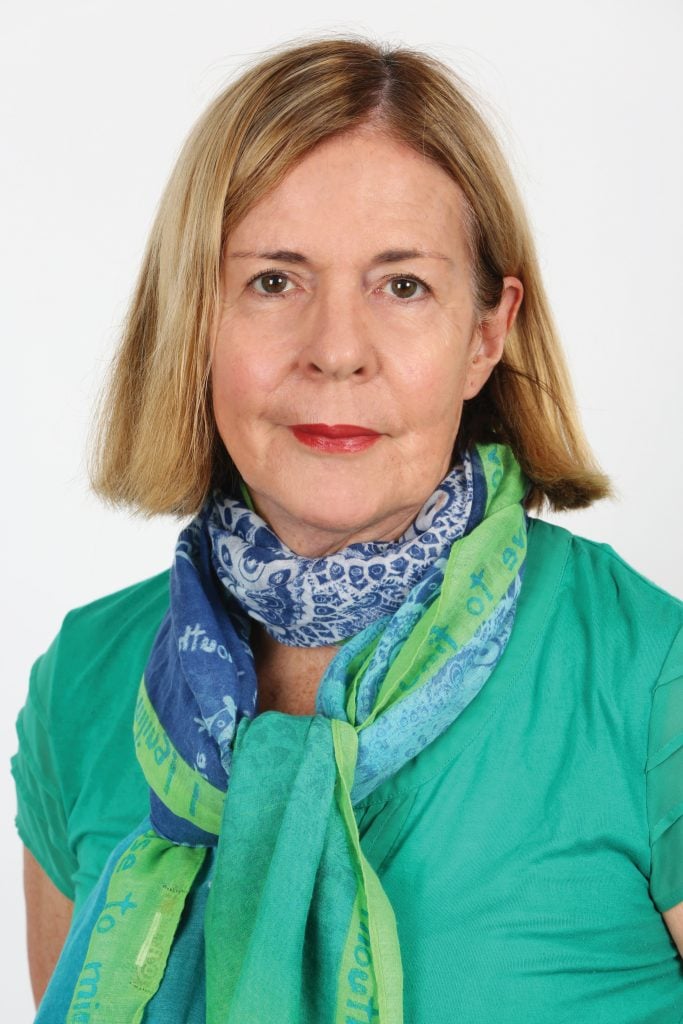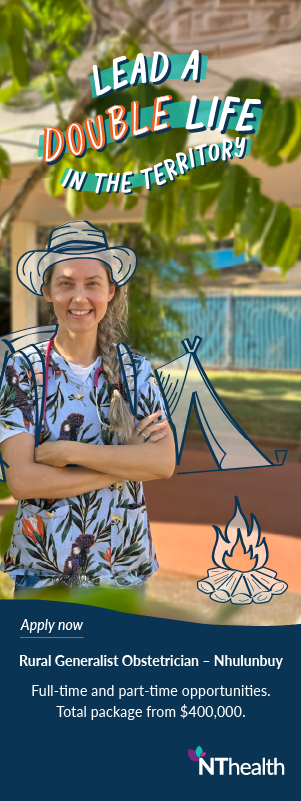Despite being a completely qualified medical professional, Caroline de Costa wasn’t accepted into specialist training in Sydney in 1974. Some women had been allowed to train in Sydney hospitals during World War II, while men joined the armed forces, but with the war over no women were admitted into training again until the 1980s.
Early beginnings: advocating for gender equity in obstetrics and gynaecology
When Caroline started med school in Dublin, she had joined a class of 17 women and 103 men. The world of specialist O&G was even more limited: it was an exclusively male profession (as midwifery was female). However, Caroline would not take ‘no’ for an answer. After completing an internship in Papua-New Guinea (PNG), she moved back to Ireland to advance her career.
“I did a diploma in neonatal paediatrics and worked as a Registrar for two years, where I was treated very well. I did not encounter any opposition, maybe because I was an exception to the rule. I actually think it was harder for women who came after me”, says Caroline.
After this, Caroline returned to PNG where she worked as a Senior Registrar for 18 months, before moving back to Australia. She and the few other Australian women who had achieved specialist training abroad pushed very hard to change the picture. By the 2000s, specialist training numbers finally started shifting.

Clinical practice, research and advocacy
In her clinical practice, Caroline became deeply involved in two areas: improving outcomes for Aboriginal and Torres Strait Islander women’s health and guaranteeing abortion access.
She established the first specialist O&G clinic at the Aboriginal Medical Service in Redfern, Sydney; a service now run by Dr Sue Jacobs. She then moved partly to Cairns, in 1994, where she participated in the outreach O&G service established by Professor Michael Humphrey through Cairns Base Hospital. She moved completely to Cairns in 1999 and has lived there ever since.
Secondly, she became heavily engaged in public movements to reform abortion law in Australia (particularly in Queensland and New South Wales).
“In the UK, abortion was part of the overall care of pregnant women and I learnt how to do surgical abortions and how to talk to women about abortion. When I came back to Australia, that was not the case. In Queensland in 1999, I saw a woman have to go through a neonatal death because she wasn’t allowed to have an abortion earlier in her pregnancy. I realised there was a problem and this motivated me to work for change in Queensland. In New South Wales, abortion was, in the 1980s and 90s, and is still, in the NSW Crimes Act 1900 with penalties of up to 10 years imprisonment for the woman, the doctor and anyone who assists. We should finally step up to medical developments and social expectations and support change.”
In 2010, Caroline was awarded the President’s Medal of the Australian Medical Association and, in 2014, the President’s Medal of RANZCOG and the Order of Australia (AM) for her work in women’s reproductive health. She is still active in this space.
Caroline highlights the importance of research in all of her advocacy endeavours. When working with Aboriginal communities, Caroline conducted research into interventions to reduce the incidence of fetal alcohol syndrome. She also studied levels of vitamin D in pregnant women and knowledge and practice of abortion and emergency contraception in Far North Queensland. She has published extensively on these and other topics.
“You need evidence to inform practice. You want to be able to demonstrate your arguments with figures.”
In addition to her involvement in research and advocacy, Caroline has also been a member of many RANZCOG committees, including six years on Council from 1992 to 1998.
“The College is in a unique position to monitor, evaluate and regulate training and practice. It’s an important job, but a demanding one because it takes time from family, research and work. Things are much better for women in medicine these days, but we still need to explore options within the College, such as part-time involvement in committees, teleconferencing, child-care, etc. for leadership positions to work for women.”
Today, Caroline is Editor-in-Chief of ANZJOG and Professor of Obstetrics and Gynaecology at the College of Medicine at James Cook University, where she teaches medical students in their fifth and sixth years and supervises honours and postgraduate research students. She has more than 40 years’ experience in obstetrics and obstetrics research.



